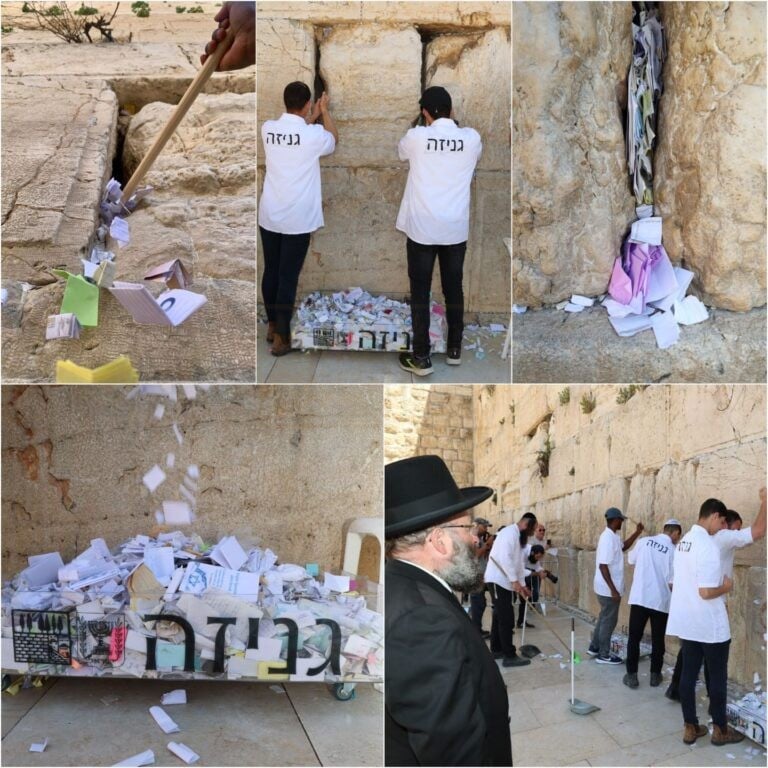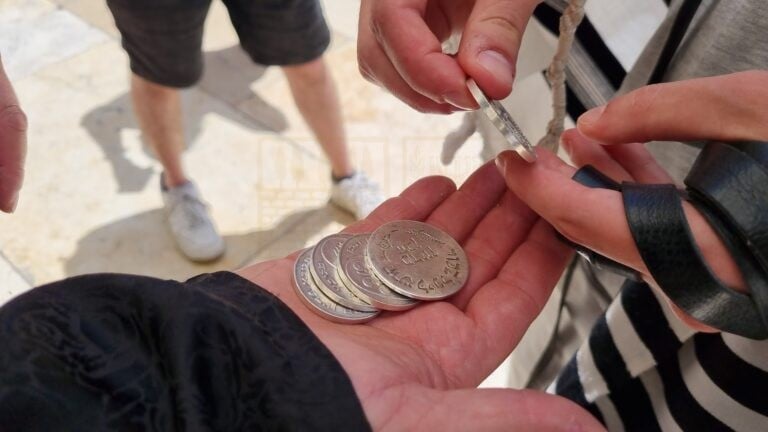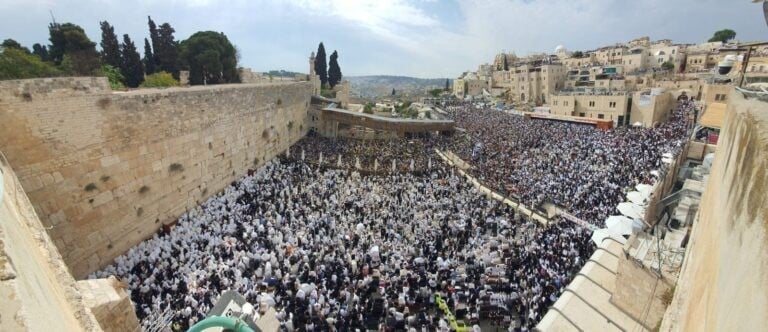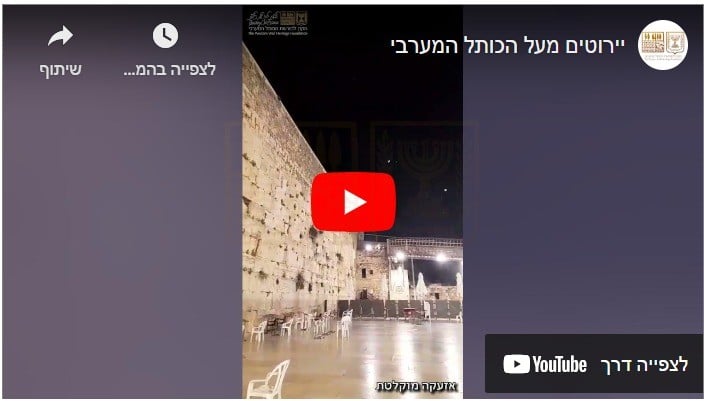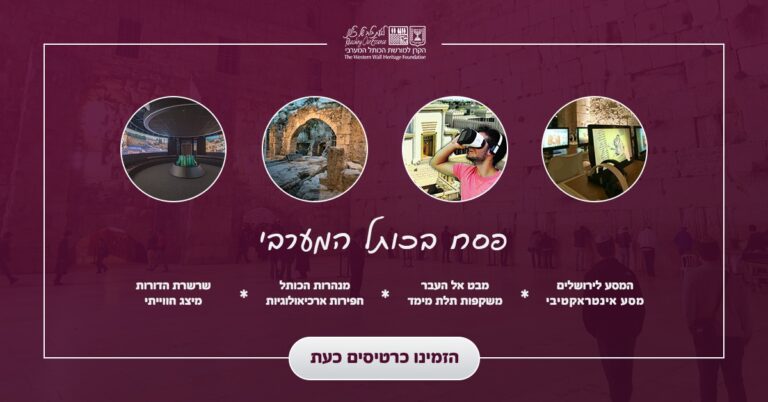But there is another instance in which kohanim, and even the kohen gadol, are commanded to deal with a person?s dead body and bury it. This is ?met mitzvah?, an abandoned corpse, when there?s no one to take care of the burial. In this case, the kohanim?s holiness is deferred and they must deal with the person?s burial.
But why? What is this value that is greater than that of the kohanim?s holiness?
The Babylonian Talmud deals with this question and concludes:
?Great is human dignity, as it overrides a prohibition in the Torah.?
(Tractate Megillah, page 3)
In a parallel issue in Tractate Shabbat, the possibility is raised that it may even be permissible to bury a ?met mitzvah? on Shabbat. This possibility is rejected, and halacha (Jewish law) forbids burying him on Shabbat, but the mere possibility points to the importance of this commandment, which is based on the concept of human dignity.
Of course, it is important to note that this rule – ?Great is human dignity, as it overrides a prohibition in the Torah? ? is not left up to the consideration of any individual person. It is anchored in the rules determining Jewish law as decided by rabbinical authorities throughout the generations who instruct us how to behave in the case of conflicting values.
Elsewhere, we learn of a rule decreed by Joshua ben Nun, the leader of the Jewish nation who followed Moses, according to which
?Met mitzvah acquires the place where is laying? (Babylonian Talmud, Tractate Baba Kama, page 81). This regulation guarantees burial for that anonymous person whose corpse was found and there is no one to take care of it. If we would need to find a place to bury this anonymous person, time would pass during which his dignity would be violated. Therefore, even if the person is found on valuable land, he should be buried where he was found.
This teaches us of the significance of Jewish burial. Judaism sees the proper and respectful treatment of a person?s dead body as an expression of human dignity. When there is no respect for the dead body of an anonymous person, there is a deep-seated disdain for all human dignity, including of the living. This care for human dignity leads to this commandment taking precedence over others, including those pertaining to the holiness of the kohen gadol. Rabbi Samson Raphael Hirsch (rabbi and philosopher, Germany, 19th century) wrote the following: ?This is a typical attitude of the Jewish Torah of life, to teach us that the ultimate goal of this Torah is to educate a person to be a person.?
In many cultures, past and present, dead bodies are treated differently: they are cremated. Judaism vehemently opposes this and sees it as a desecration of human dignity. A closer examination reveals the Jewish perspective regarding the human body. A culture that condones cremation is expressing contempt and even aversion to the human body. Accordingly, the body is inconsequential and invaluable in relation to the person?s soul.
But Judaism is careful to respect the human body even after the person?s death, since not only is the soul important, but also the body. The soul, when on its own, cannot do anything. ?I am considered among the dead who are free,? said the poet of Psalms (88, 6). This means that the dead are free from dilemmas, they do not have the ability to choose from among options, to act, to create. Therefore, we are commanded to respect the human body, even when it no longer contains the spirit of life.
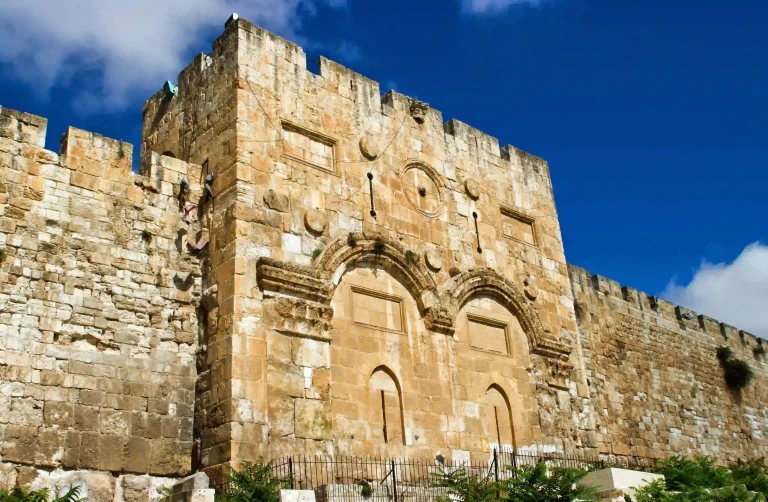
The Foundations of Faith of Seder Night
Getting your Trinity Audio player ready… Passover Eve, Leil Haseder – 5784 Rabbi Shmuel Rabinowitz, Rabbi of the Western Wall and Holy Sites At the
